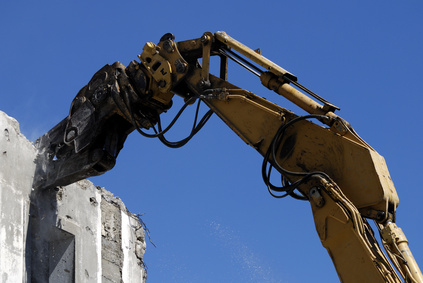Construction noise & vibration
Our team have a long and successful track record in managing construction noise and vibration for developments of all sizes, including work on major infrastructure schemes (e.g. HS2 Area South Early Works, Thameslink Programme, Crossrail, London Bridge Station redevelopment etc). We regularly use the skills and knowledge that we have accumulated to help clients minimise the potential adverse impacts of noise and vibration, thereby reducing risk in terms of cost and programme, and securing any necessary consents. Workig with our associates, we are also able to offer support in relation to air quality, dust and NRMM emissions, providing Dust Risk Assessments in accordance with IAQM guidance, monitoring and advice on control measures.
The Control of Pollution Act 1974 (CoPA) sets out the legal framework for managing construction noise and vibration. Those responsible for construction works are legally required to use Best Practicable Means (BPM) to control construction noise and vibration. Local authorities can serve notices under Section 60 of the Act, which will impose various controls and restrictions on the way the construction works are carried out. Alternatively, contractors or others responsible for construction works can apply for prior consent under Section 61 of the Act. Increasingly, local authorities are requesting submission and approval of Construction Management Plans for smaller developments, including details relating to the control of noise and vibration. We can help you to secure consent for your scheme, including extended working hours which may be necessary for engineering, safety and programme reasons.
Our services include:
- Section 61 (CoPA) applications, dispensations etc;
- Construction management plans (noise and vibration);
- Dust Risk Assessment and advice regarding control measures, including NRMM.
- Development of works methodologies and mitigation measures to control noise and vibration in accordance with BPM ;
- Construction noise, vibration and dust monitoring;
- Noise modelling, vibration prediction and impact assessment
- Development of policies, guidance, Codes of Practice and procedures;
- Development and implementation of noise insulation and compensation schemes;
- Training and site briefings; and
- Expert witness




